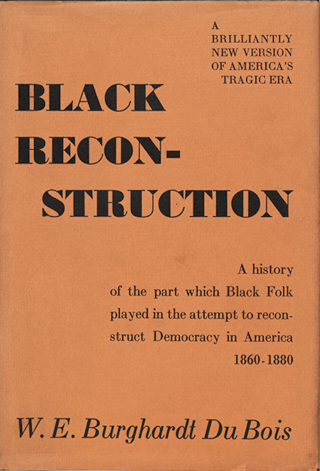No effort to educate the public in order to advance social justice can afford to dispense with a respect for basic facts. In the long and continuing battle against oppression of every kind, an insistence on plain and accurate facts has been a powerful tool against propaganda that is widely accepted as truth. That tool is far too important to cede now.
My colleagues and I focused on the project’s discussion of three crucial subjects: the American Revolution, the Civil War, and the long history of resistance to racism from Jim Crow to the present. No effort to reframe American history can succeed if it fails to provide accurate accounts of these subjects.
The project’s lead essay, written by the Times staff writer Nikole Hannah-Jones, includes early on a discussion of the Revolution. Although that discussion is brief, its conclusions are central to the essay’s overarching contention that slavery and racism are the foundations of American history. The essay argues that “one of the primary reasons the colonists decided to declare their independence from Britain was because they wanted to protect the institution of slavery.” That is a striking claim built on three false assertions.
“By 1776, Britain had grown deeply conflicted over its role in the barbaric institution that had reshaped the Western Hemisphere,” Hannah-Jones wrote. But apart from the activity of the pioneering abolitionist Granville Sharp, Britain was hardly conflicted at all in 1776 over its involvement in the slave system. Sharp played a key role in securing the 1772 Somerset v. Stewart ruling, which declared that chattel slavery was not recognized in English common law. That ruling did little, however, to reverse Britain’s devotion to human bondage, which lay almost entirely in its colonial slavery and its heavy involvement in the Atlantic slave trade. Nor did it generate a movement inside Britain in opposition to either slavery or the slave trade. As the historian Christopher Leslie Brown writes in his authoritative study of British abolitionism, Moral Capital, Sharp “worked tirelessly against the institution of slavery everywhere within the British Empire after 1772, but for many years in England he would stand nearly alone.” What Hannah-Jones described as a perceptible British threat to American slavery in 1776 in fact did not exist.
“In London, there were growing calls to abolish the slave trade,” Hannah-Jones continued. But the movement in London to abolish the slave trade formed only in 1787, largely inspired, as Brown demonstrates in great detail, by American antislavery opinion that had arisen in the 1760s and ’70s. There were no “growing calls” in London to abolish the trade as early as 1776.
